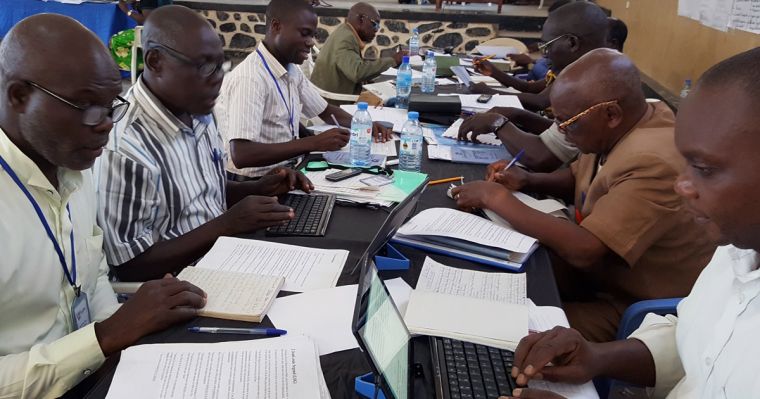New printing technology allows Bibles to be printed in secret

Advancements in printing technology are making it possible for Bibles to be printed in countries where Christians face restrictions on the practice of their faith.
Wycliffe Associates is using print-on-demand technology to print the Scriptures in areas where Christians are the target of intense persecution.
The printing systems can manage both small and large quantities, and because of their compact size, can be easily and discreetly moved from one location to another.
The machines are making it possible for even more translations of the Bible to reach people who still do not have a copy in their own mother tongue.
The organisation explained that some Bible translations could be completed only to face challenges in having them printed due to restrictions on the freedom of Christian activities.
It is now training people not only in Bible translation but in how to print the newly translated Bibles and portions of Scripture in order to distribute them among their own people.
'Imagine how frustrating it would be to finally receive the tools, technology, and training to translate the Scriptures and then not be able to print Bibles,' said Bruce Smith, President and CEO of Wycliffe Associates.
The print on demand systems work in conjunction with the Bible translation strategy known as MAST - Mobilized Assistance Supporting Translation - in which teams of translators work together to translate Scripture portions into their own languages.
There are currently 816 MAST Bible translation projects in the process of being completed, with 20 more being planned across Africa and Asia.
So far, Wycliffe Associates has sent 83 print on demand systems to Bible translation groups working across 26 countries but it has plans to deploy even more.
The print on demand systems cost $25,000 each and Wycliffe Associates is currently fundraising to provide one for each of the translation projects.
Smith added: ''Printing Bibles is the final link in the chain of love.'











